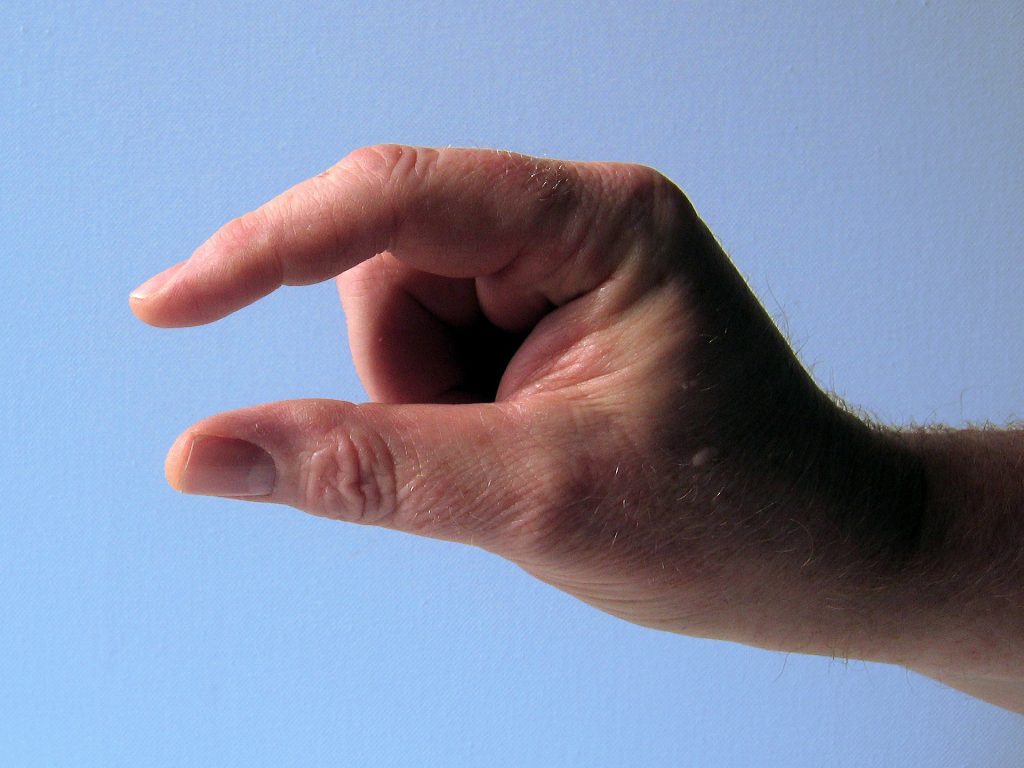Once again it’s all about being happy…

Have you also made firm resolutions for the new year? A friend told me she would now leave out cream when cooking in favour of homemade tomato sauce. Aha! Initially it sounds healthy and prudent. She wants to give up some dairy products in order for her intestines to recuperate. What is it supposed to recuperate from? A friend told me that he would drink less alcohol now. What exactly is less? Less, compared to what? Is one glass in the evening a lot or a little?
I myself have a resolution this year to work “less”, which a self-employed person can only influence to a limited extent. I am very curious to see how this resolve develops and how I strive to achieve it. What is less or more is mostly a matter of opinion and – habit.
I am repeatedly surprised that we humans reward ourselves with things or deeds that are not really good for us or our health. When I read “drugs and alcohol” I always have to smile. Today I’m toasting myself with a glass of wine because I’ve had such a great, exhausting, sh…., whatever kind of day. Instead of going for a run or revelling in half an hour of yoga on the mat, I “treat” myself to the socially approved drug…. We are good at deceiving and betraying ourselves by whitewashing what is harmful.
And even I admit, with certain epicurean temptations (e.g. stollen, crème brulée, punch on Christmas Eve or champagne on New Year’s Eve – I’m sure you can think of enough examples of your own…) less sometimes becomes more. Especially the next morning… Or during the pre-Christmas adornment of the houses in the street, when a Father Christmas climbs up the wall of the house on every corner and the colourfully illuminated reindeer diligently flickers in chorus with thousands of gaudy, glaring LED lights.
Individual freedom stops where it harms others. I’m organising demos next year because I feel constrained in my aesthetic sensibility and freedom by too many and dazzling fairy lights…. With other seductions, too, I sometimes think that a size smaller would have done: for example, when cars seem too big for their drivers.
For years there have been guides on the internet that aim to help you get by with less and become happier. Marie Kondo, for example, the tidying activist who takes great pleasure when she enters a cluttered house for the first time, sits down on the floor with a smile, greets the house in meditation and then, continuing to smile, makes it clear to the people living there that they should please only keep what makes them really happy. To do this, each piece of clothing and every other object is handled and the feelings that object triggers reviewed. I used this method in the summer of 2020 and was thrilled with the clothes I was able to let go of. However, I failed miserably at my resolution to only buy a new item if I gave away an old one in return. I think I need another lockdown to clear up again.
Tiki Küstenmacher also tries to teach you to “simplify your life”. “The authors start with the “weariness of excess” and intend to help the readers to declutter and decelerate life in order to find the essentials and themselves.” (Wikipedia) I don’t know whether Deutschlandfunk is right when it says that “books like this disseminated wisdom of the greatest banality and naivety”, because I haven’t read it.
Abstinence, however, which arises from loss, tends to cause despair. When I asked a flood victim (July 21) what the worst part of the catastrophe was for her (her underground car park, cellar and flat were under water), she told me it was the loss of all her photos. It’s like losing your identity and past. “The water took everything I was.”

For the psychologist William James (1842 – 1910), the self was not limited to body and mind. For him, it also included family and friends, clothing and all belongings. Following this theory, it is also understandable that flood victims speak of loss of identity.
My parents were hunter-gatherers. Maybe that’s what you become when you are a war child with deeply frightening experiences. “You should have it better” and “We’ll keep this, it’s still good” were guiding principles and beliefs of my parents’ world. I hated those phrases back then, but they have kept coming back to me the last two years. In the past I have bought things because I could, not because I really needed them or they would have made me happy in the long run. Are we perhaps the last generation, many of whom have (will have) more than their parents? What is true for my daughter?
When is less more for you? My New Year’s wish for you all is that you will always have enough of everything. And that you notice – or have good friends who tell you – when you look ridiculous in an SUV because you are simply too small for such a big car.
Original text: HFI
English translation: BCO
Bildquellen
- hand-66631_1920: Gerd Altmann / Pixabay
- flood-123200_1920: Hans Braxmeier / Pixabay

